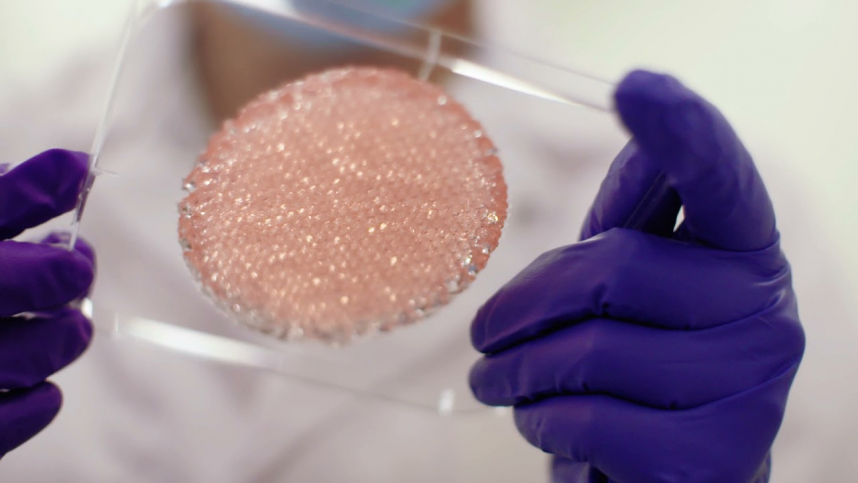
According to a report in Advanced Science, researchers in China are testing an experimental 3D-printed breast prosthesis that can sense and target breast cancer relapse.
The prosthesis contains a gel made by linking together chemicals that respond to the presence of certain oxygen-containing molecules that are indicative of tumor activity.
In lab experiments, when such “reactive oxygen species” were present, the prostheses released RSL3, a small molecule that induces programmed tumor cell death.
In experiments in mice, the researchers removed breast cancer tumors but left a small amount of cancer cells behind.
They observed “strong and long-term anticancer effects” in mice implanted with the experimental prostheses, compared with results observed in a control group.
Going forward, the researchers hope to develop an improved version of the prosthesis with a gel that also contains a chemotherapy or immunotherapy drug and to determine whether the gel can retain its effectiveness in breast prostheses for a relatively long time.
Tests in humans are a long way off. The researchers note, however, that because the size and shape of the 3D-printed prosthesis can be personalized, it would also be appropriate for patients undergoing partial resections.